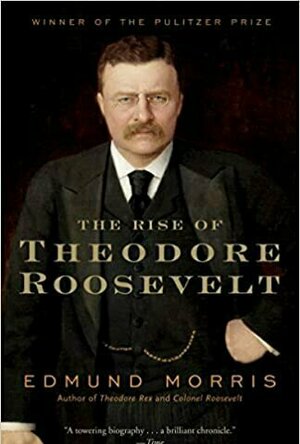
Eleanor of Castile: The Shadow Queen
Book
Eleanor of Castile, the remarkable woman behind England's greatest medieval king, Edward I, has been...

Sisters of Mercy Flats
Book
From noted author Lori Copeland (more than 3 million books in print) comes a romantic new story of...
Humor Funny Historical Fiction Romance Historical Romance Christian

Norman Bethune in Spain: Commitment, Crisis & Conspiracy
Book
Born to fanatical religious zealots, deeply wounded by an unloving mother and a weak father whom he...
American Founding Son: John Bingham and the Invention of the Fourteenth Amendment
Book
John Bingham was the architect of the rebirth of the United States following the Civil War. A...

The Prince Who Would be King: The Life and Death of Henry Stuart
Book
Henry Stuart's life is the last great forgotten Jacobean tale. Shadowed by the gravity of the Thirty...

Modern Greece: What Everyone Needs to Know
Book
Just a few years ago, Greece appeared to be a politically secure nation with a healthy economy....
Jessi Bone (48 KP) rated From Auction Block to Glory: The African American Experience in Books
Mar 18, 2019
From the Auction Block to Glory by Phillip Thomas Tucker Ph.D. is 128 pages long and looks at the African American experience from slavery to emancipation. I found the book very insightful as it looked at the side of slavery not just from the slave's point of view but from the perspective of the Southern owners and the North's needs end the slavery. The painting, photographs, and stretches bring the past to life and allow additional visual confirmation of what the words were saying and gives you a rare and unique view of the world that they lived in. I found the book very informative and an enjoyable read. Dr. Tucker writing style is in a communicative style similar to a conversation from him to you which makes you want to finish the book in one sitting.

Deng Xiaoping: A Revolutionary Life
Alexander V. Pantsov and Steven I. Levine
Book
Deng Xiaoping joined the Chinese Communist movement as a youth and rose in its ranks to become an...

The Rise of Theodore Roosevelt
Book
This classic biography is the story of seven men--a naturalist, a writer, a lover, a hunter, a...

